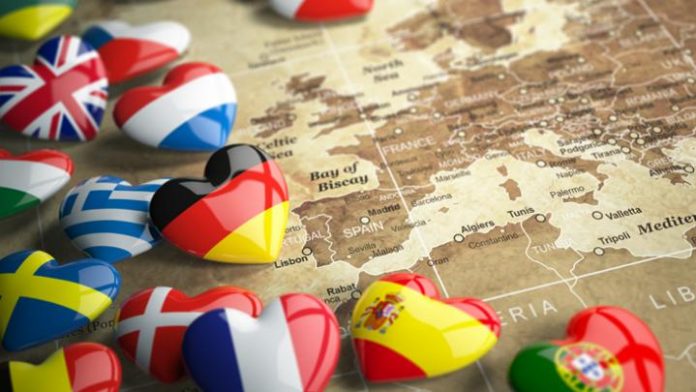A new report ‘European Union Tourism Trends’, prepared by the World Tourism Organization (UNWTO) in cooperation with the European Commission, indicates that international tourist arrivals grew by 8% in the EU in 2017, to reach 538 million, or 40% of the world’s arrivals.
The ‘European Union Tourism Trends’ report, prepared by the World Tourism Organisation (UNWTO) in cooperation with the European Commission, underscores tourism’s major social and economic benefits for the 28 countries of the European Union (EU).
EU destinations welcomed 538 million international overnight visitors in 2017, 40% of the world total. EU accommodation establishments provide over 3 billion nights a year, half of which to domestic guests (residents) and half to international guests.
Tourism accounts for 6% of the EU’s overall exports, while the direct contribution of tourism to individual EU economies reaches up to 11% of the GDP.
Preliminary results for 2017 indicate that international tourist arrivals (overnight visitors) grew by 8% in the EU in 2017, to reach 538 million, or 40% of the world’s arrivals.
The EU has enjoyed continued growth in international arrivals with annual growth rates exceeding 4% in the last five years.
EU countries earned EUR342 billion in international tourism receipts in 2016 (31% of the world’s total), making a significant contribution to their balance of payments. As EU destinations earn more in international tourism receipts than EU residents spend on international tourism (EUR315 billion), EU has a surplus of EUR27 billion in the travel trade balance.
International passenger transport (rendered to non-residents) is estimated to have generated another EUR67 billion, resulting in total export earnings from international tourism of EUR409 billion. This represents 6% of the EU’s exports of goods and services, making tourism the fourth largest export category, after chemicals, automotive products and food.
Over two million businesses dedicated mainly or partially to tourism operate in the EU, most of them small and medium-sized enterprises, employing 12 million people. For individual EU economies, the direct contribution of tourism to GDP is as high as 11%.
Domestic and international visitors drive EU tourism. Accommodation establishments in the EU offered 31 million bed-places in 2016. Guests spent a total 3.1 billion nights, half of which were by domestic visitors (residents) and half by international visitors. Of the 1.5 billion international nights, 1.1 billion were from EU countries and 413 million were from outside the EU.
Zurab Pololikashvili of UNWTO comments “Sustained growth in tourism has been instrumental in the economic recovery of many countries in Europe by contributing to job creation, economic growth and a healthy balance of payments.
Tourism is a key pillar of the EU strategy for jobs and inclusive growth and our strong partnership with the European Union will continue to drive the quality, sustainability and competitiveness of the European tourism sector forward”.








 ©2024 All rights reserved LaingBuisson
©2024 All rights reserved LaingBuisson 


